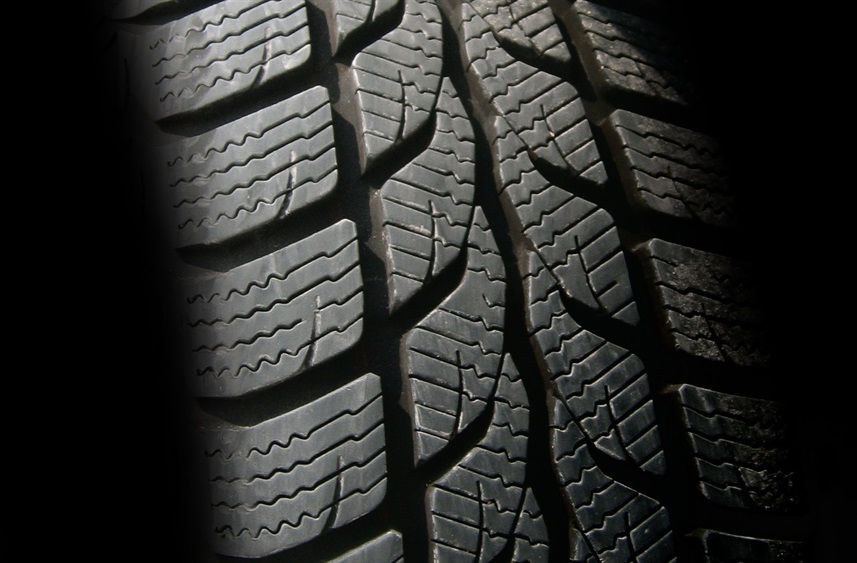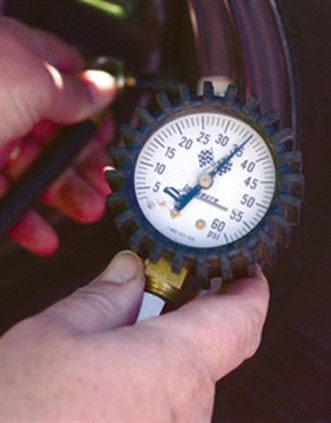How Tires Affect Your Car’s Performance
Posted on

And what plays a major role in your car’s handling? That's right - your tires! Your tires’ specifications can be the difference between a smooth and safe ride or one that is rough and dangerous. So, which specs affect your ride exactly? The wheel repair experts at RGX Rim Repair are here to tell you.
Wheel Diameter
If you’ve ever bought tires, you know that the sizes look something like this: 205/75-R15. The last number in that sequence, next to the “R”, is the tire’s diameter, or the length from one side of the rim to the other.Your car’s handling depends on the size of your wheel. For instance, larger wheel diameters will give you more traction and more options in terms of brakes. Plus, larger wheels give your vehicle a customized look, especially if you’re getting your wheels painted, chrome-plated, or ceramic coated.
A large wheel diameter can have a negative effect on your car’s performance, however. Larger wheels result in less control when cornering, a bumpier ride, and an increased risk of bending. Fortunately, RGX Rim Repair has several locations so you can get your bent rims fixed no matter where in North Carolina you live.
Wheel Width
When buying tires, the first number listed is the tire’s width (in millimeters). The width of tire you are able to fit on your car depends mostly on whether your car's suspension has been adjusted to handle it. Wider tires may provide better traction in ideal conditions, but without the proper modifications, they’ll likely react badly if driving conditions change suddenly.Tire Pressure
 A major influencer in your car’s performance is tire pressure. Why? Because tires that aren’t inflated properly are prone to serious issues that can cause them to fail completely. For example, overinflated tires can’t bend and flex like they need to, resulting in a much bumpier ride, faster wear, and, in some cases, blowouts. This is especially dangerous in rough terrain or while off-roading.
A major influencer in your car’s performance is tire pressure. Why? Because tires that aren’t inflated properly are prone to serious issues that can cause them to fail completely. For example, overinflated tires can’t bend and flex like they need to, resulting in a much bumpier ride, faster wear, and, in some cases, blowouts. This is especially dangerous in rough terrain or while off-roading.By contrast, underinflated tires are harder for your car to push forward, causing them to heat up faster and suffer tread collapse. Not only do underinflated tires wear faster, but they cause a drop in fuel efficiency as well.
Tire Rigidity
How soft or hard your tires are effect both your ride and your handling. Soft tires wear faster but offer a gentler ride, more grip, and better braking. Hard tires, on the other hand, last longer and are better suited for difficult conditions, like rough terrain and/or high speeds.Tread Depth
When a tire’s tread starts to wear, it loses the ability to perform well in rain, snow, gravel, dirt, mud, sand, etc. Shallower tread means you’ll have less control, start hydroplaning faster, and need more time to come to a complete stop in wet conditions. Uneven tread wear can also result in steering wheel shake, which nobody likes.Performance can be positively impacted by less tread though. Race cars often run on treadless tires because it gives them maximum traction and optimal handling in dry conditions. It’s also worth noting that less tread typically translates to less road noise.
At the end of the day, everything rests on your wheels, so it makes sense that your car’s performance is heavily dependant on the quality of your tires. Next time you get new tires, make sure you’re doing the research to ensure they’re right for your car’s needs. At RGX, we make tire buying easy. Call our specialists today to schedule an appointment for your expert tire installation, at 888-775-RIMS.
And while you’re here, don’t forget that we can help with factory rim replacement, cosmetic rim damage, brake caliper restoration, and more. Get in touch with us for a free estimate!
